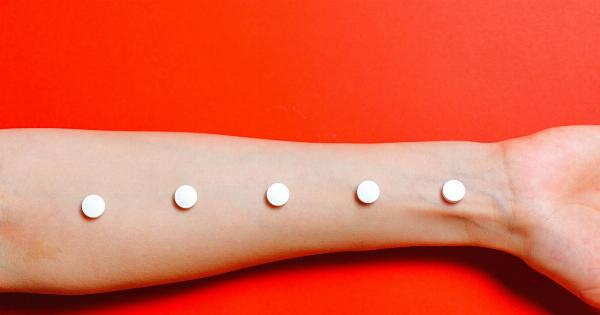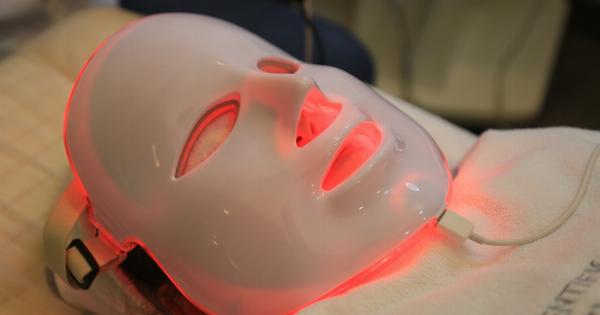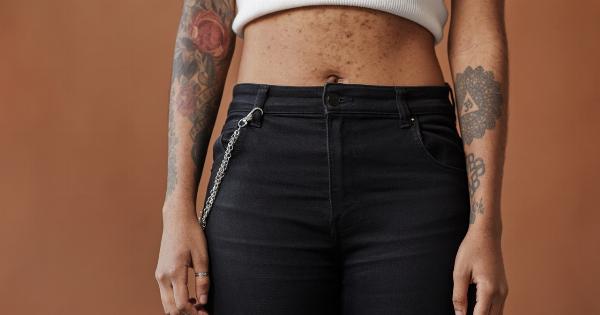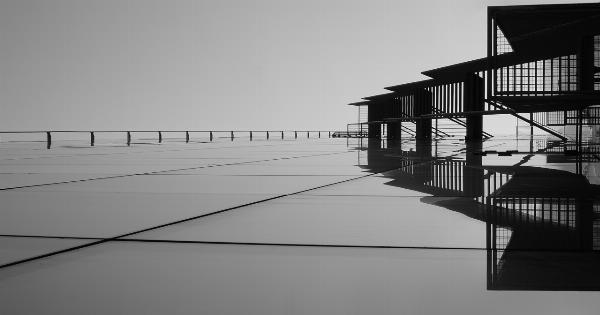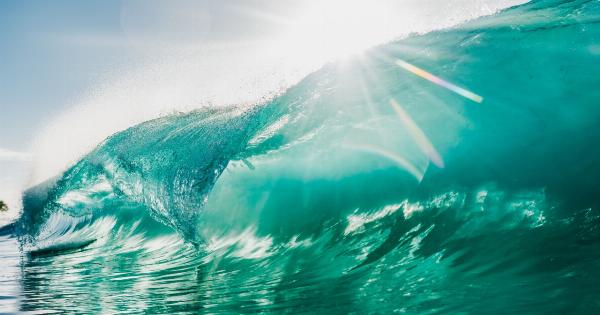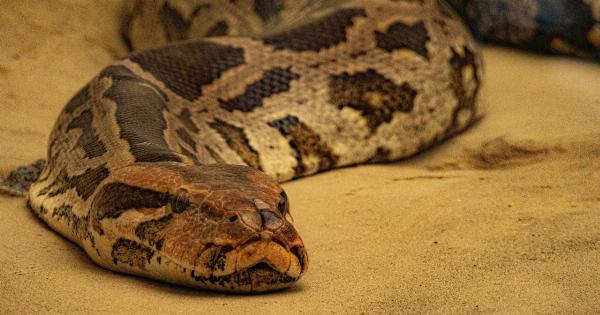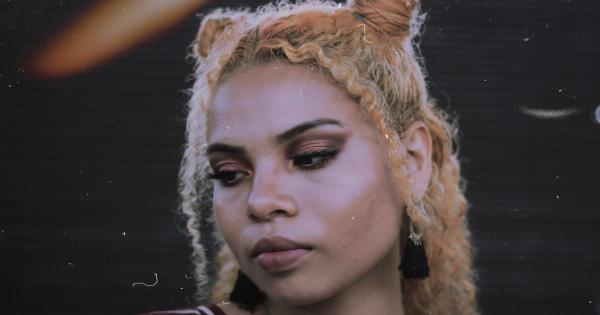Acne is a common skin condition that affects millions of people worldwide. While most cases of acne are mild and can be easily managed, there are certain types of acne that are more challenging to diagnose and treat.
These mysterious acne cases often leave individuals perplexed and frustrated, wondering why they are experiencing such stubborn breakouts. In this article, we will explore some of the lesser-known types of acne and discuss what you need to know about them.
1. Nodular Acne
Nodular acne is a severe form of acne that is characterized by large, painful, and inflamed lesions called nodules. Unlike typical pimples, nodules extend deep into the skin and are often resistant to traditional acne treatments.
This type of acne is more common in adults and can be caused by hormonal imbalances or genetic predisposition.
2. Acne Conglobata
Acne conglobata is a rare and severe form of acne that is characterized by interconnected nodules and abscesses. It often affects the chest, back, and buttocks and can lead to scarring.
This type of acne typically requires aggressive treatment approaches, such as oral medications and injections.
3. Acne Mechanica
Acne mechanica is a type of acne that is caused by friction, pressure, or heat on the skin. It is commonly seen in athletes, soldiers, or individuals who frequently wear tight clothing or gear.
The constant rubbing or pressure on the skin leads to clogged pores and breakouts. Managing this type of acne involves minimizing friction and using non-comedogenic products.
4. Acne Fulminans
Acne fulminans is an extreme and rare form of acne that is characterized by sudden and severe inflammation. It often occurs in young males and is accompanied by systemic symptoms such as fever and joint pain.
This type of acne can cause extensive scarring and typically requires aggressive medical intervention.
5. Acne Keloidalis Nuchae
Acne keloidalis nuchae, also known as folliculitis keloidalis, is a chronic condition characterized by inflamed and scarred bumps at the back of the neck.
This type of acne primarily affects individuals with curly or kinky hair and is thought to be caused by ingrown hairs. Treatments may include oral medications, topical creams, and laser therapy.
6. Acne Excoriée
Acne excoriée is a condition where individuals pick or scratch at their acne lesions, often leading to further inflammation, scarring, and infection.
It is more common in individuals with underlying mental health conditions such as anxiety or obsessive-compulsive disorder. Treatment involves addressing the underlying psychological factors and managing the acne.
7. Acne Cosmetica
Acne cosmetica is a type of acne that is triggered by specific cosmetic products. Certain ingredients in makeup, moisturizers, or hair products can clog the pores and lead to breakouts.
Identifying and avoiding these triggering products is essential in managing this type of acne.
8. Pyoderma Faciale
Pyoderma faciale, also known as rosacea fulminans, is a rare and severe form of rosacea that primarily affects women. It is characterized by sudden and painful inflammatory nodules and pustules on the face.
This condition typically requires professional medical treatment, including oral medications and topical creams.
9. Gram-Negative Folliculitis
Gram-negative folliculitis is a bacterial infection that occurs as a complication of long-term antibiotic treatment for acne. It is characterized by numerous pustules and cysts and often requires systemic antibiotics targeting gram-negative bacteria.
Avoiding prolonged or unnecessary antibiotic use can help prevent this condition.
10. Acne Vulgaris Variants
Common acne vulgaris can also present in various atypical forms, including acne conglobata (as mentioned earlier), acne inversa (characterized by painful and deep-seated abscesses in the armpits and groin), and acne rosacea (a chronic skin condition characterized by facial redness and pimples). The appropriate diagnosis of these variants is crucial for effective treatment.
It is important to understand that diagnosing and treating these mysterious acne types often requires the expertise of a dermatologist.
If you are experiencing persistent and severe acne that does not respond to over-the-counter treatments, seeking professional medical advice is highly recommended.





